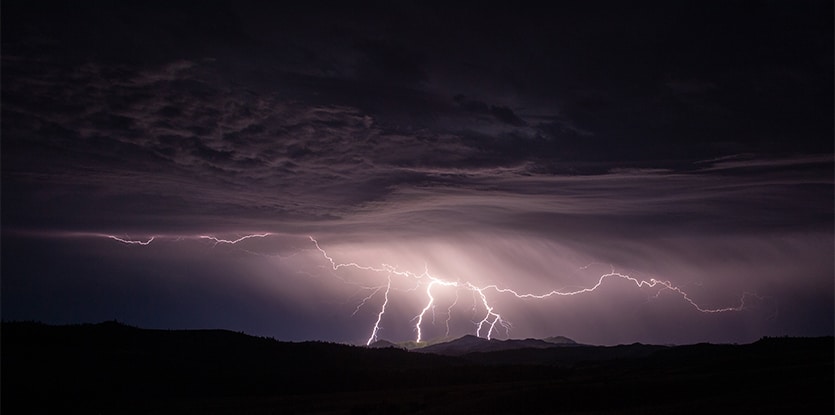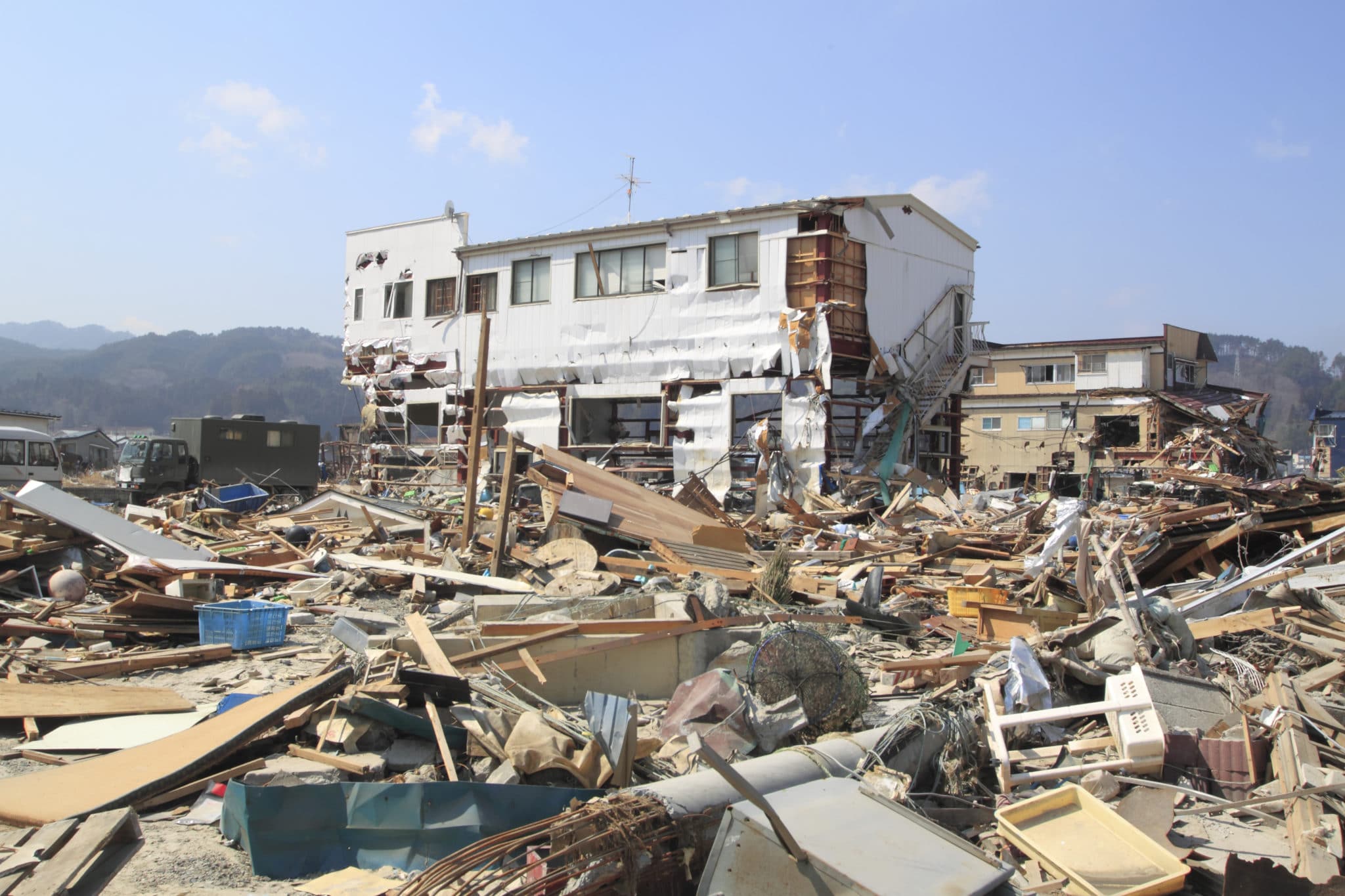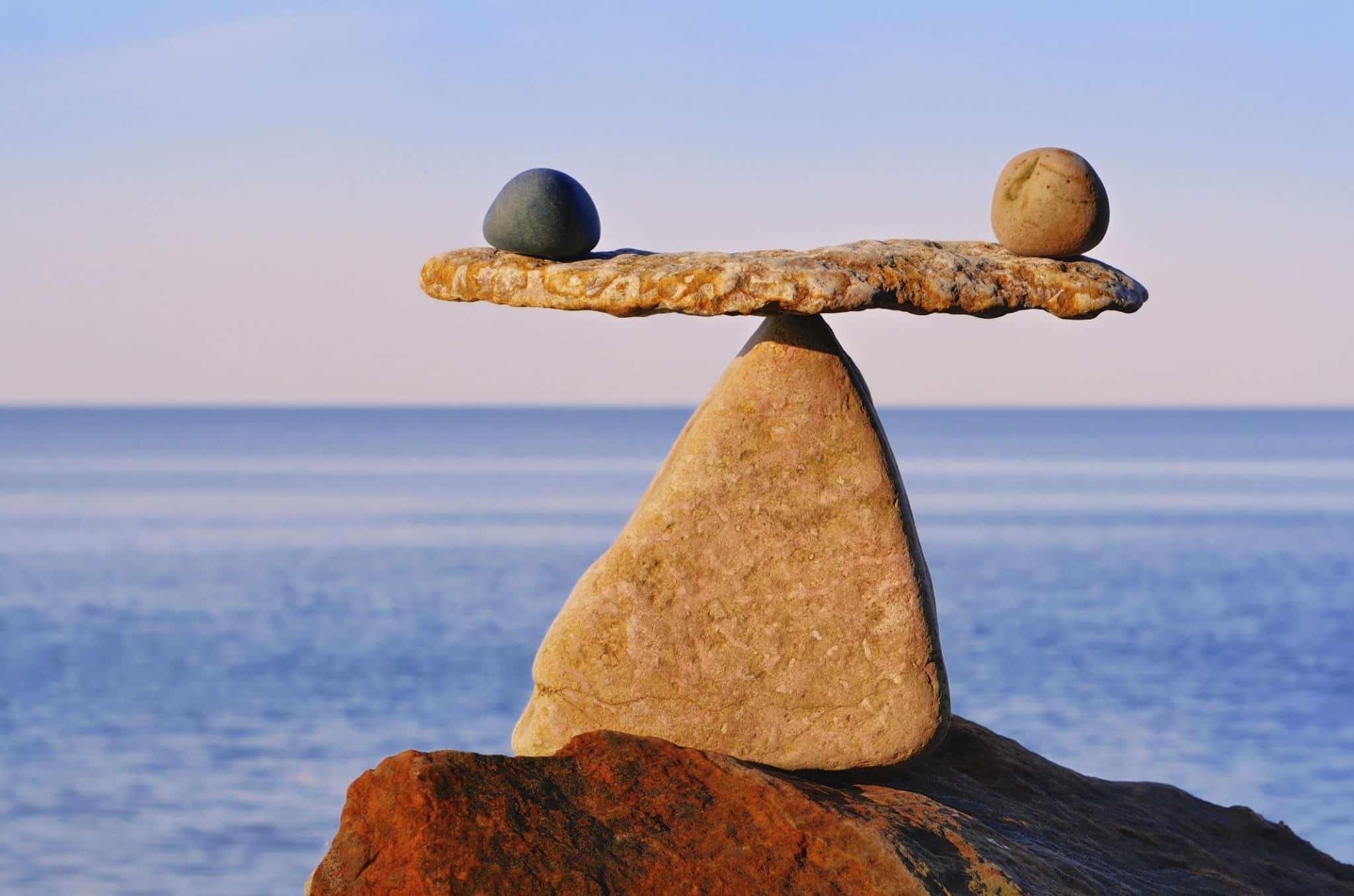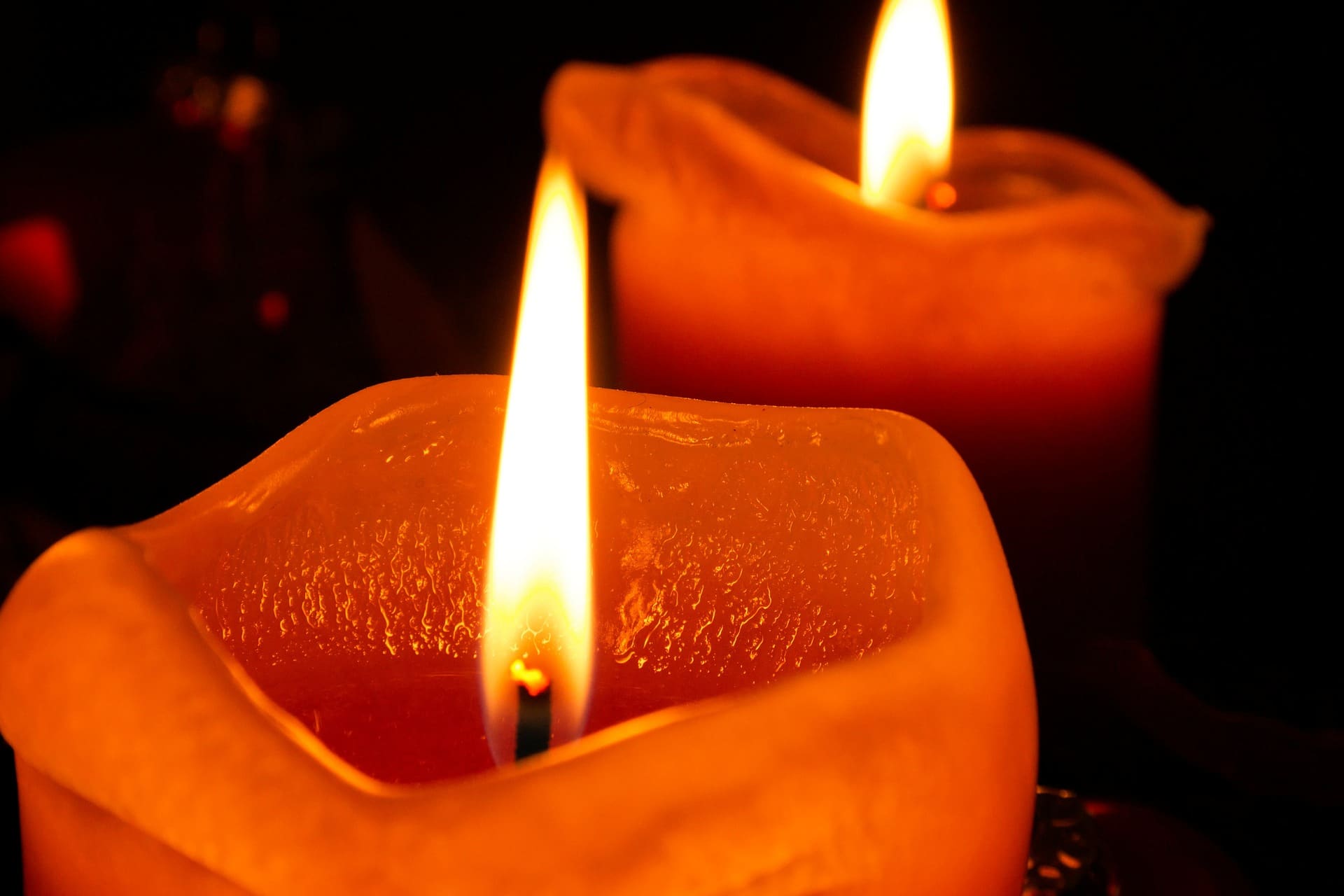Dispelling 7 Myths about Reward and Punishment
The reward of a mitzvah is the mitzvah, and the reward of a sin is the sin
– Ethics of our Fathers 4:2This means: through its reward – the light it generates – one can know a mitzvah’s essence and standing
– Tanya, Ch. 39Only through corporeal action does the spiritual become the physical
– Tanya, Ch. 35
Everyone is a critic. Thank G-d.
Perhaps the number-one subject of critique is G-d. And it isn’t a great stretch to suppose that the number-one critique of G-d is this idea of reward and punishment.
Says the sanctimonious preacher: You know why this terrible thing happened to you? Because you were bad, because you sinned, because you have angered G-d.
This is probably the single most unG-dly thing a person can say.
But what then is reward and punishment?
Perhaps an analogy is in order: If one eats a pound of chopped liver, wrapped in a yard of salami, breaded in globs of challah, and deep-fried in duck fat, one will, in all likelihood, get very fat. Is this a punishment? Or a consequence of actions taken and decisions made?
The Creator instills into every sequence a consequence[1]. into every action a reaction (or many). If you flick on the light switch, the room will be illuminated; if you smash the light bulb, the room will get dark. When we love someone, a light flickers on. When we hate someone, a light bulb shatters.
The spiritual truth is that we do not usually experience the full consequences of our actions. This makes our decision-making process more challenging.
To illustrate what we mean about the dance of action and reaction existing rather than a push-pull between reward and punishment, we give you seven myths and facts about the ancient mystical Jewish view on the relationship between our choices and their outcomes:
MYTH 1: Reward and punishment is similar to that of an employer/employee relationship. When the employee does a good job, the employee gets paid; when the employee does a bad job, the employee gets fired. When we do good deeds, we get paid; when we sin, we get fired.
TRUTH: Reward and punishment is similar to an artist/art relationship. When the artist invests deep energy and hard work, the result will be beautiful art; when the artist gets lazy and does bad work (in spiritual terms, a sin) the results will be bad art.
When we live our lives righteously, fulfilling our true missions and doing good deeds, we create beautiful art. When we live our lives cynically, wastefully, the art is barbed in acid.
MYTH 2: If I am bad, God will strike me with lightning.
TRUTH: It’s like a car: If you drive a car without refilling the gas, the inevitable outcome will be that you will stall somewhere, usually unpleasant and far from a gas station.
The inevitable outcome of not filling up your gas tank, your soul, is more unpleasant than being struck by lightning. If you fill your life with negativity and materialism, the outcome is that your life will be full of negativity and materialism. The outcome would not be getting struck by lightning.
MYTH 3: I can say that a person suffers because that person has sinned.
TRUTH: Human beings cannot comprehend the why’s and how’s of Divine providence—it is true hubris for a person to try to get into the “head” of G-d.
Life is an ocean, and all of humanity travels it currents on one single boat. Perhaps another person on the other side of the boat is drowning because of the hole under your seat. Best ensure that you are perfect before you suggest another is not.
MYTH 4: If I do good deeds, and live righteously, I will know only joy and never know pain.
TRUTH: This is one myth we wish were true. Unfortunately, until the world is perfect we all suffer the consequences. How is it that an impure killer can murder a righteous person? Is this righteousness and is this it’s reward? This is a question that only G-d can answer.
But suffice it to say: Nothing, no evil at all, can kill righteousness; and nothing, nothing at all, is worse punishment than being evil.
MYTH 5: We must fear G-d.
TRUTH: We must be in awe of the wonderment of reality. A child fears something bad or scary, like a monster under his bed. Mature adults stand in awe of something greater than they are.
Knowing the awesome power of each and every one of our actions, how could we not stand in wonderment of the consequences built therein?
MYTH 6: We should do good in this world and fulfill our true missions in life in order to reap the rewards. Likewise, we should not do unwholesome things so as not to get punished.
TRUTH: We should do good things in the world because our positive actions reveal light in the darkest places. We have a choice between adding light or darkness to the world. At any time, the choice is yours. There is no neutral space. All things in life can be done with purpose, meaning, and positivity—or they can be done with resentment and negativity.
MYTH 7: The greatest reward of good deeds is eternal paradise.
TRUTH: The Sages said, “The reward of a mitzvah is the mitzvah.” (Ethics of the Fathers 4:2)
Eternal paradise, whatever that means, sounds great. But that is not why our souls left eternal paradise in the first place to come down into this physical world, a physical world that often resembles hell more than heaven.
The greatest reward a person can have is the good deed itself. Being a light unto the world is the greatest reward. And the greatest punishment that anyone can get for doing something negative is the fact that this negativity touches him or her.
CONSEQUENTIALLY
Understanding reward and punishment as action and reaction, sequence and consequence, lends humbling importance to every single one of our actions, every movement we make, and every deed we perform.
The importance of each deed is not only personal but it is also global. When we do a positive deed, it personally affects us positively, but it also positively affects someone across the globe. And the opposite is true is well.
ACTION
Before you do anything, before you say a word, before you touch someone, before you write an email or send a text, ask yourself, What will the consequences of my action be? Will my action light a candle or smash a light bulb?
This question can change the world, one action (with many reactions) at a time.
This is an excerpt from: Deluge In Texas: Lessons for Us
Join the Soul Gym to Unlock Your Trapped Potential
Get free exercises to your inbox for self-mastery and growth.
SOULGYM I MASTERCLASS
Live with Rabbi Simon Jacobson
How Can a Good G-d Allow Bad Things to Happen?
Wednesday, July 19, 2023 @8:30pm
Live Stream | Podcast









Wish that all our children be taught these lessons!
As a child, I was fortunate and was taught well. My
most memorable line Ill know, thats wholl know
has enabled me for the most part, to stay on course and to sleep at night.
Now, in my late 70s it still reverberates and keeps me balanced as a human being, as a woman, and as a Jew. Kol kovod!
My Mother, G-d rest her, would jokingly say to friends, Some people are good in order to get something in return, but my son Philip, is good for nothing. I try to live up to her view of what motivates my actions…. So far, at age 80, it seems to have worked fairly well, most of the time.